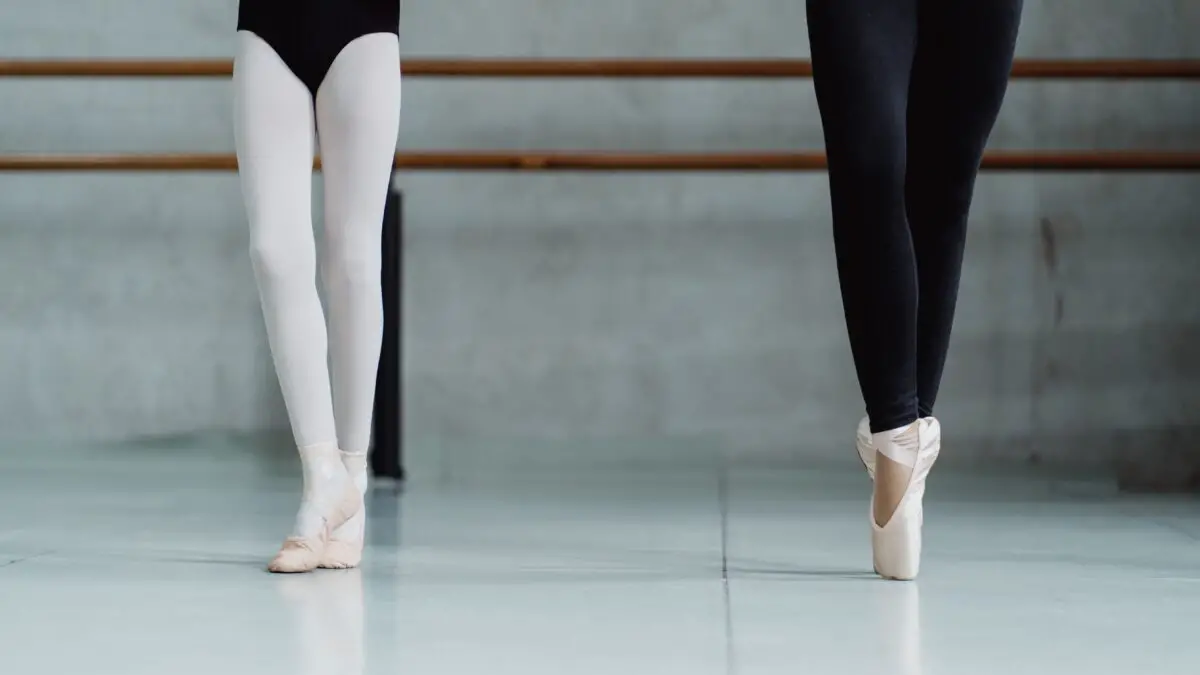The words practice and practise are easy to confuse because they sound exactly the same.
One is a noun and the other is a verb, but only if you’re using British English. This is just one of the considerations when deciding to use practice vs practise, so let’s take a closer look at the difference between these two words.

Practice vs practise
When deciding whether to write practise or practice, you first need to know whether you’re using British or American English.
Practice vs practise in American English
If you’re using American English, the answer is simple: just use ‘practice’ in all situations.
Since American English doesn’t use the spelling ‘practise’, you don’t need to worry about which word is correct.
As an easy way to remember this, think of the ‘c’ in ‘American’ and remember this always uses the word ‘practice’ with a ‘c’.
Practice or practise in UK English
In British English, the difference between practice and practise comes down to the part of speech. Is the word being used as a noun or a verb?
Practice is a noun in British English
If it’s a noun, you should use the spelling practice in British English. For example:
- What time is your tennis practice tonight?
- I think our team needs more practice before the competition.
- The dental practice opens at 9am.
- The tribe’s ancient burial practices have been around for thousands of years.
The word ‘practice’ has several different meanings, but as long as it’s a noun, this spelling is correct.
Practise is a verb in British English
If it’s a verb, you should use the spelling practise in British English, for example:
- I practise guitar for half an hour every day.
- You’ll need to practise more if you want to pass your driving test.
- We practise Christianity in our family.
Notice the difference between ‘need more practice’ (using the noun form) and ‘need to practise more’ (using the verb form).
How to remember the difference between practice and practise
It can be particularly tricky to remember the difference between these two words because they sound identical.
However, the rule is the same as another word pair – advice and advise – which do sound different.
If you’re confident using advice and advise correctly, you can just apply the same spelling rule to practice vs practise:
- Advice is a noun, and so is practice
- Advise is a verb, and so is practise
If this doesn’t help, try another approach.
The substitution method
You can substitute the words practice and practise for words with a similar meaning to check whether you have the correct choice.
For example, instead of writing ‘practice’, use one of these synonyms (depending on the context):
- Preparation
- Training
- Rehearsal
- Lessons
- Custom
- Business
Repeating the examples above, we could say:
- What time is your tennis training tonight?
- I think our team needs more preparation before the competition.
- The dental business opens at 9am.
- The tribe’s ancient burial customs have been around for thousands of years.
This tells us that the word used is a noun, and the spelling ‘practice’ is correct.
On the other hand, if the word is a verb, you can replace it with one of these synonyms:
- Prepare
- Rehearse
- Study
- Follow
So, we could have these sentences:
- I study guitar for half an hour every day.
- You’ll need to prepare more if you want to pass your driving test.
- We follow Christianity in our family.
The meaning may not be exactly the same, but if it makes sense grammatically, you know you’re using ‘practise’ correctly.
Remember, none of this matters if you’re using American English as you just write ‘practice’ in all cases.
Practise vs practice in common phrases
Now, let’s look at some common phrases where you may need to know whether to use the spelling practice or practise.
Best practice or best practise?
In this case ‘practice’ is a noun, so it is always spelled with a ‘c’.
Practise or practice what you preach?
This phrase uses a verb, so the answer depends on whether you are using British or American English spelling. In British English, the spelling ‘practise’ is correct. In American English, it’s ‘practice what you preach’.
Practise or practice makes perfect?
We’re using a noun here, so the correct version is ‘practice makes perfect’. This is a great example of an idiom about learning!
Practise sessions or practice sessions?
The noun form is correct here, so it’s always ‘practice’. You could replace it with another noun like ‘training’ or ‘rehearsal’. The same is true with similar phrases like ‘practice test’.
Exam practice or exam practise?
Again we’re looking at a noun: the act of practicing. So, we’d say ‘exam practice’ in all situations. It’s the same with ‘spelling practice’, ‘hockey practice’, etc.
Hopefully now you are clearer on when to use practice vs practise. Fortunately, it’s a simple one to work out if you’re using American English. In British English it’s more complicated, but the rule is clear: practice is a noun and practise is a verb.
If you have an example sentence you’d like to check, feel free to leave a comment below.






